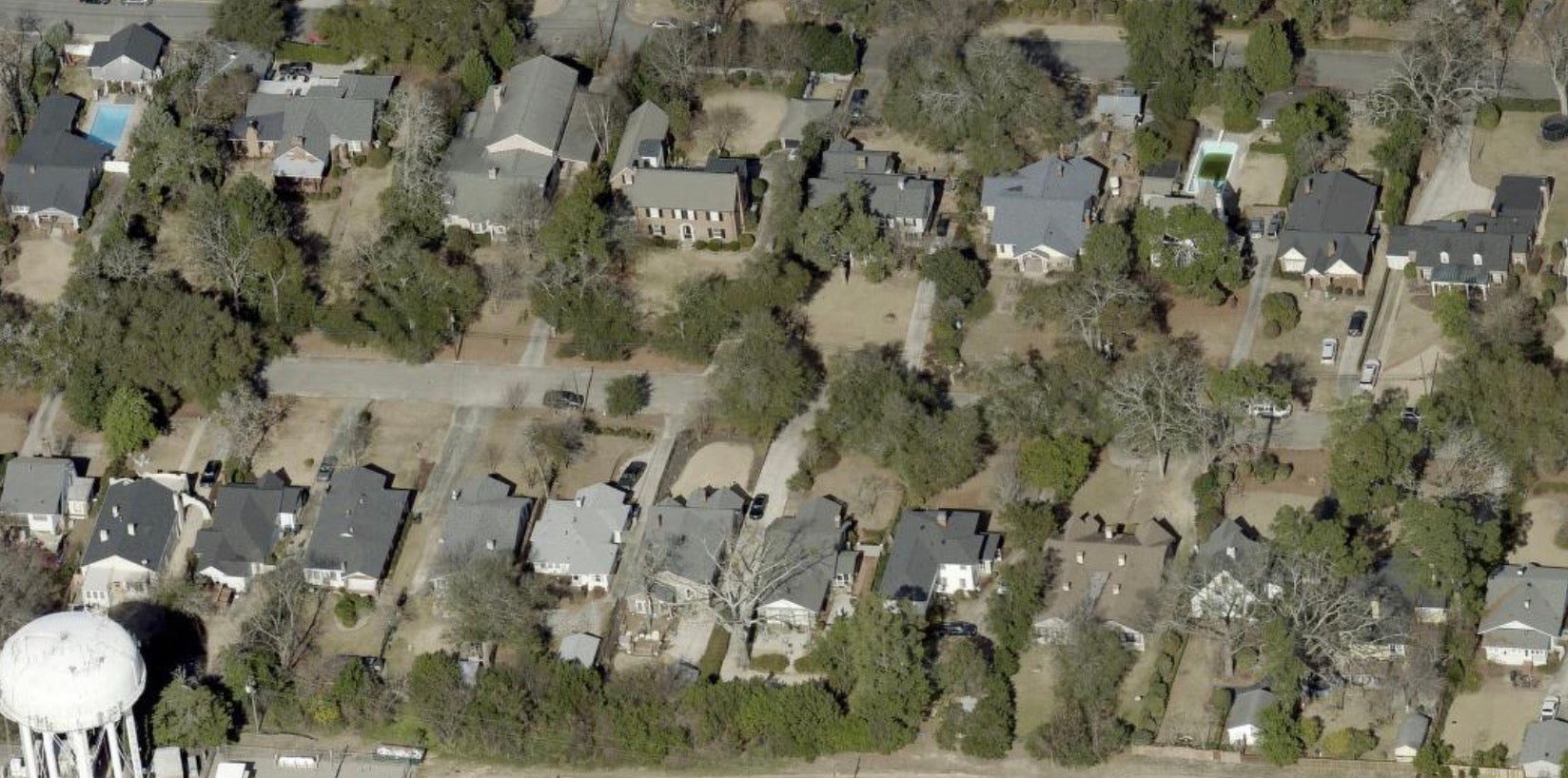Augusta homeowners may get more than they bargained for in House Bill 850.
The bill is local legislation sought by the Augusta Commission after it opted out of House Bill 581, which promised property tax relief through a floating homestead exemption tied to the consumer price index.
As a local bill sponsored by Augusta legislators, it’s likely to pass this session, then needs voter approval in a referendum. So, its savings can’t take effect until next year.
Annual increases limited to 3.2%
While the Augusta Commission asked to freeze property tax assessments and limit increases to 3.5% annually, House Bill 850 goes a step further and caps the increases at 3.2%.
The bill’s lead sponsor, Mark Newton, R-Augusta, said the lower rate better captures the spirit of House Bill 581 which a majority of voters statewide approved a constitutional amendment to enable.

“Going to the 3.2% is slightly better for the homestead property owners, which is of course the whole impetus behind a lot of this. This is the request all of us across Georgia got regarding property taxes and the rates of increases in assessments over the last several years,” Newton said.
Bill backed by full delegation
The bill’s sponsors included all state representatives representing parts of Richmond County, including Brian Prince, Karlton Howard, Lynn Heffner, L.C. Myles and Newton. View the general assembly’s page on the bill here.
“We wanted to make sure that we worked as a delegation as hard as we could to save homeowners from challenging property tax increases to the best of our ability, and as close as we possibly could get it to the constitutional amendment that well over half our people voted for,” he said.
Pandemic- and inflation-related reassessments caused sticker shock for many homeowners over the last few years as their rapidly increasing property values prompted dramatic property tax increases.
House Bill 581 capped assessment increases using the consumer price index, which averaged about 2.2% over the last 10 years. Had Augusta commissioners not opted out, the savings would have gone into effect on this year’s property tax bills, which go out in the fall.
Functionally similar to House Bill 581
House bills 581 and 850 operate in the essentially the same way. A homeowner’s taxable value is frozen at the time the exemption goes into effect, then allowed to increase for tax bill purposes only by the amount of the cap each year.
The exemption only applies to owner-occupied “homesteaded” properties, which about half of Augusta homes are. Owners are eligible if they are already receiving the existing homestead exemption, which must be applied for. The exemptions renew each year and will transfer to a surviving spouse, but resets when a property sells to a new owner.
Augusta’s local version of the exemption, if voters approve the referendum, offers another potential advantage to the local government over the statewide bill, Newton said.
“With doing it through our local delegation like this, if there is a problem in the future for some reason that we needed to have flexibility, the local delegation along with a referendum could change it,” he said.
Commission acted quickly
Newton said the delegation was impressed by the Augusta Commission’s swift action in getting a request for the bill to Atlanta. The commission had about eight days to choose an alternative local exemption to meet advertising and other deadlines.
“I’m frankly proud of the commission for moving so quickly and giving us what we needed to meet the timeframe in a very contracted period,” he said. “The mayor and commission had to actually move very rapidly to give us the ability to get this done this session.”
No sales tax offset
One thing included in House Bill 581 that’s not in House Bill 850 is authorization for the local government to impose a sales tax to replace revenue lost to the exemption.
Augusta is only a half-cent under the state’s cap on sales taxes. House Bill 581 gave local governments the ability to seek voter approval to impose the additional sales tax, but House Bill 850 did not include the option.
Newton said the delegation didn’t have time to consider including language about the sales tax, but could consider it in a future bill.
“We were not able to put that together due to the contracted timing,” he said.
Potential legal challenge
The bill could face court challenges, according to an Augusta attorney. Unlike House Bill 581, which was preceded by a constitutional amendment, House Bill 850 likely violates the uniformity clause in the Georgia constitution, said attorney Charles Rollins. The clause requires similar properties be assessed at similar amounts.
“Since it didn’t start with a constitutional amendment, after we go through all that trouble and expense, the whole scheme will be struck down as violative of the Georgia constitution,” Rollins said.
Newton said the Office of Legislative Counsel had not warned of any potential issues with the bill or others. He said local governments before and after House Bill 581 have offered homestead exemptions in non-uniform amounts, such as the breaks given homeowners on school taxes in Richmond and Columbia counties based on their age.
Georgia House Bill 850 by Susan McCord on Scribd












